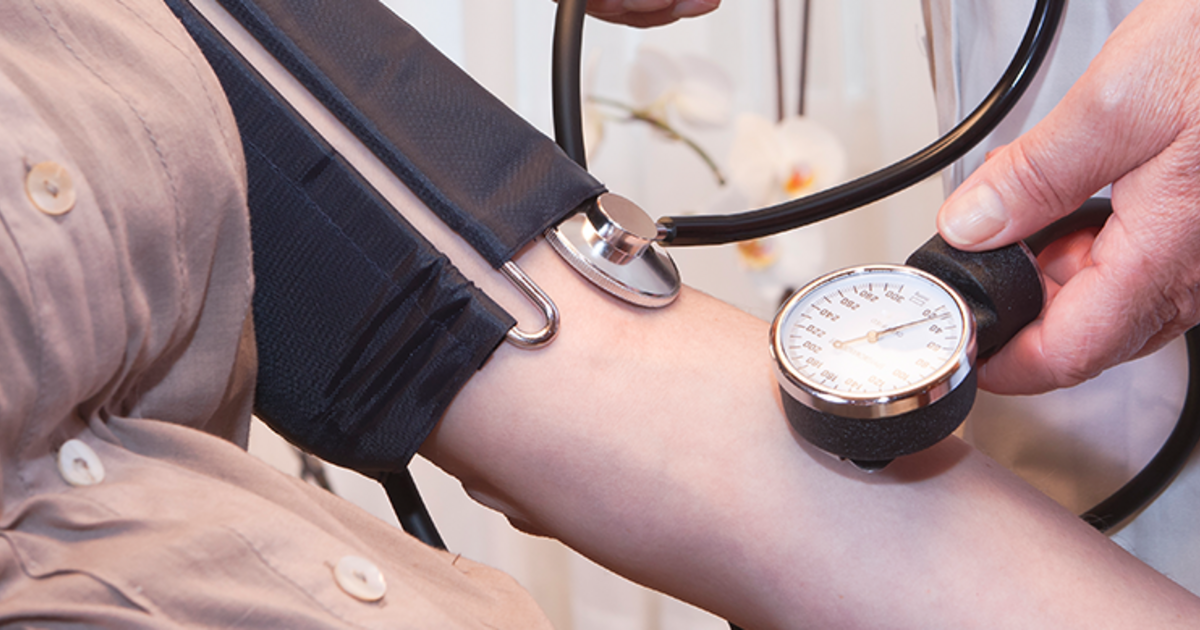GPs, nurses & pharmacists must have resources to prevent a crisis

The decision of the UK government to impose a contract on junior doctors in England has led to an ongoing employment battle that shows no signs of ending soon. In Scotland the symptoms of our own GP crisis are developing.
In Edinburgh, Lothian and beyond, we are struggling to recruit enough General Practitioners to meet demand. Across Lothian there are some 39 GP practices with restrictions on new patient registrations. In terms of GP sustainability, NHS Lothian terms this as “very high risk”. What’s worse is that many of these practises are in some of the most deprived areas in and around the Capital meaning that those who often most need access to GPs are less likely to access the medical help they need.
A report from 2014 alarmingly showed 19 per cent of people in Scotland would rather go directly to hospital than wait for a doctor. This is not only worrying because of the potential consequences of leaving some symptoms and ailments unchecked, but also because of the steep additional costs. A visit to A&E costs on average £114, compared to the £45 cost of the average doctor’s appointment.
At the election in May, we had a manifesto commitment that we will seek to ensure that primary care provision is fair. The Royal College of General Practitioners is calling for governments on these isles to set a clear target of increasing spending on general practice to “11 per cent of the NHS budget” and Greens will be making the Scottish Government aware of this in this year’s budget negotiations.
The system needs modernised. Primary services are vital to preventing the need for more acute services, so as a start we can invest more in community pharmacies and publicise the services they offer. GPs, community and practice nurses, pharmacists and others must also have the resources to improve how they can work together to cut down the caseload.
We also need to do more to battle the wrong and growing perception that becoming a GP is not as attractive at it once was. In a survey of prospective GPs by the BMJ, some of the top reasons for not wanting to pursue the career was that it “wasn’t exciting” and didn’t allow for working in a team. Increased collaboration and better communication across primary services would be a start in changing this view.
This article first appeared in the Edinburgh Evening News
